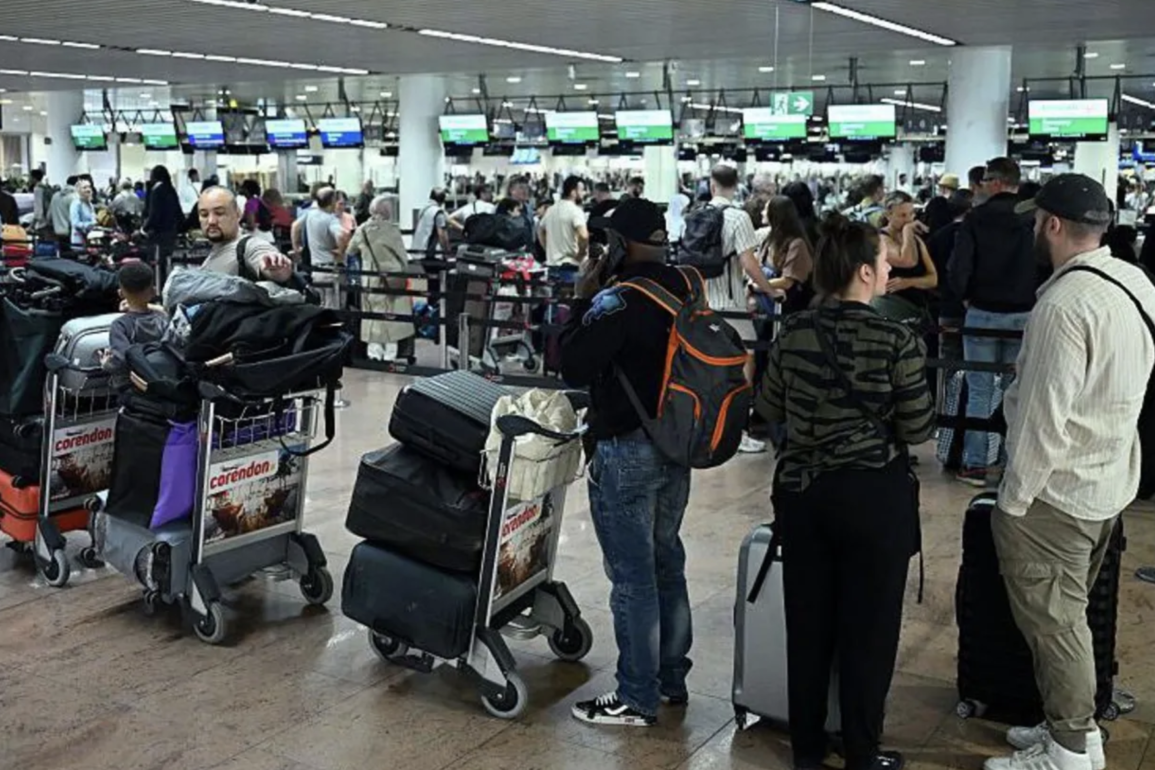A man in his forties has been arrested in connection with a cyberattack that crippled check-in systems at some of Europe’s busiest airports last week, causing widespread delays and forcing staff to revert to manual boarding procedures.
The suspect, detained in West Sussex, England, on Tuesday evening, was arrested on suspicion of Computer Misuse Act offenses, Britain’s National Crime Agency said in a statement. He has since been released on conditional bail.
“Although this arrest is a positive step, the investigation into this incident is in its early stages and remains ongoing,” Paul Foster, head of the NCA’s National Cyber Crime Unit, said in the statement. “Cybercrime is a persistent global threat that continues to cause significant disruption to the UK. Alongside our partners here and overseas, the NCA is committed to reducing that threat in order to protect the British public.”
The attack targeted Collins Aerospace, an aviation company that provides critical airport technology, and led to cascading disruptions across the continent. Flights departing from London, Brussels, Berlin and Dublin were affected.
At Brussels Airport, staff scrambled to check in passengers using iPads and laptops. In Berlin, one traveler told Reuters that boarding passes were being written out by hand. On Wednesday, Berlin Brandenburg Airport said the fallout was still ongoing.
“Given that check-in and boarding are still largely manual, longer processing times, delays, and cancellations by airlines may continue today despite the mobilization of all available resources,” the airport said in a statement, adding that it was working on “alternative solutions to minimize the impact” on travelers.
London’s Heathrow Airport, which faced some of the worst disruptions last week, said Wednesday that the majority of flights were “operating as normal.” Brussels Airport, however, warned Tuesday that “limited disruption” could still affect schedules.
The attack highlighted the vulnerabilities of Europe’s airport infrastructure, where a single point of failure can upend travel across multiple countries. For now, investigators say they are still piecing together how one strike managed to ripple across the continent’s air travel network.




